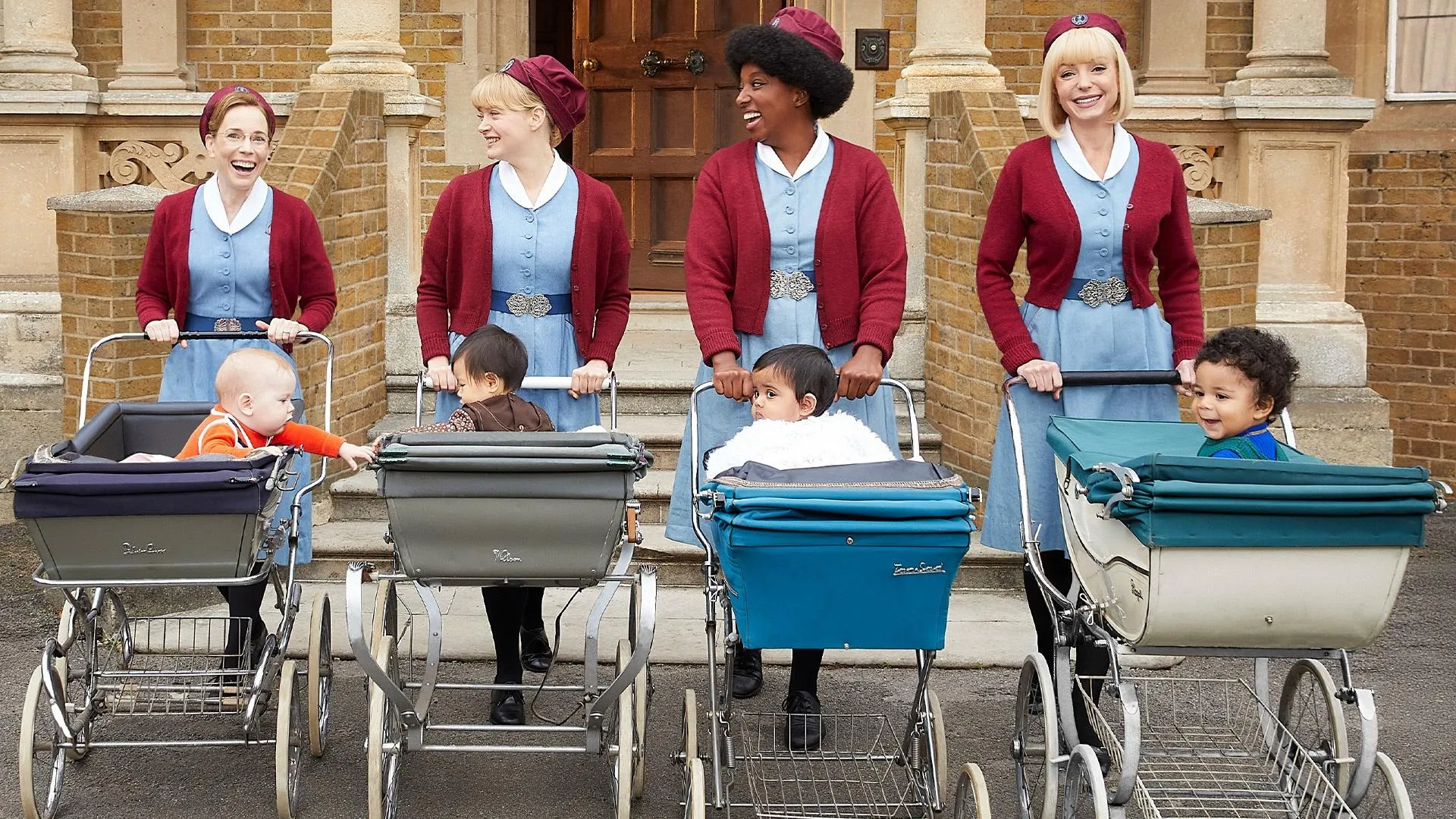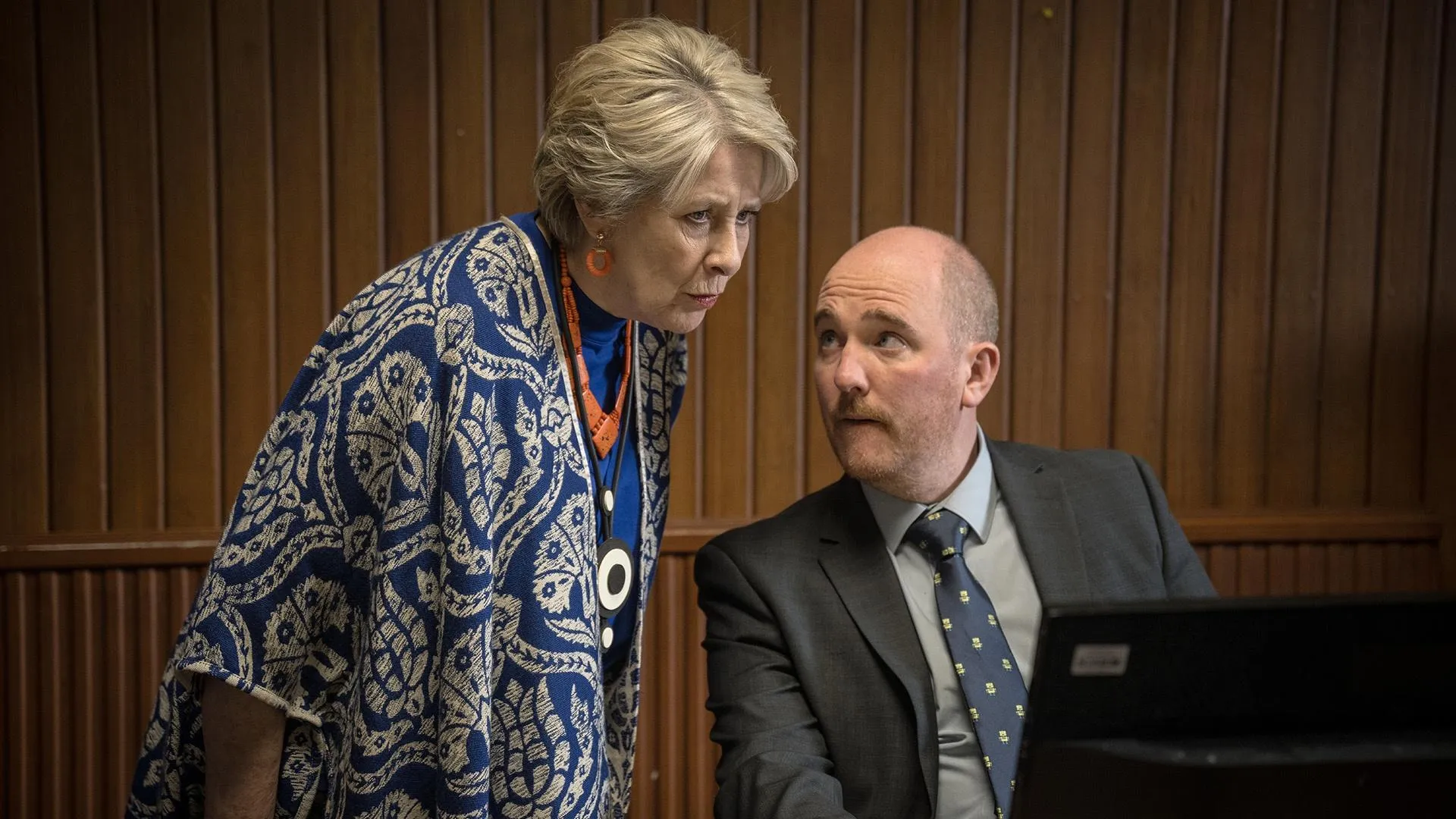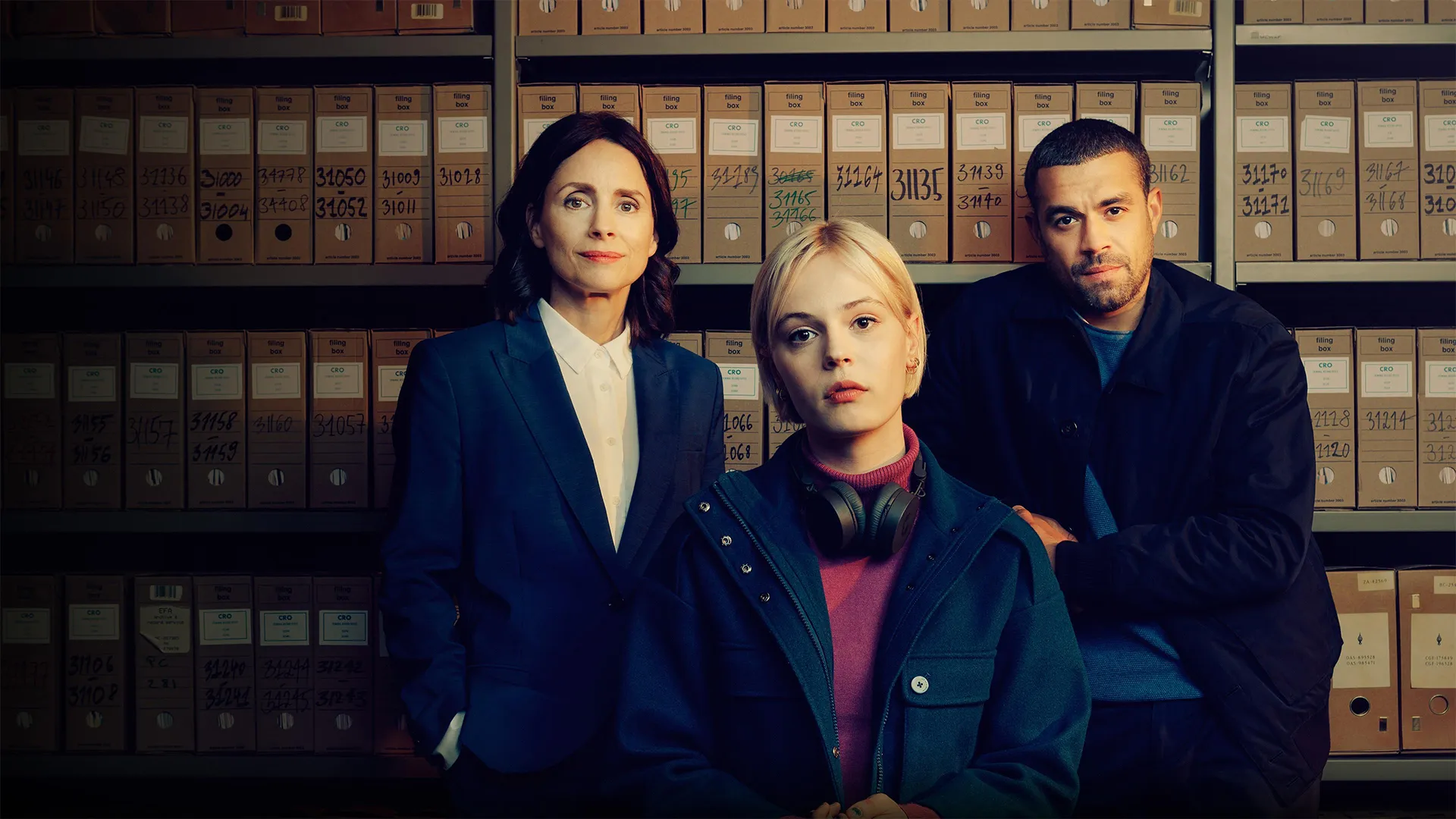

Interview: Benjamin Wainwright on Maigret
Jules Maigret is one of the most legendary—and widely adapted—detectives of all time. What makes this complex Parisian Chief Inspector so unique? In a 2025 interview with MASTERPIECE, British actor Benjamin Wainwright shares his insights about the unconventional detective’s relationships and empathetic worldview and what it was like to make this contemporary new Maigret, and reveals some Maigret Easter eggs!
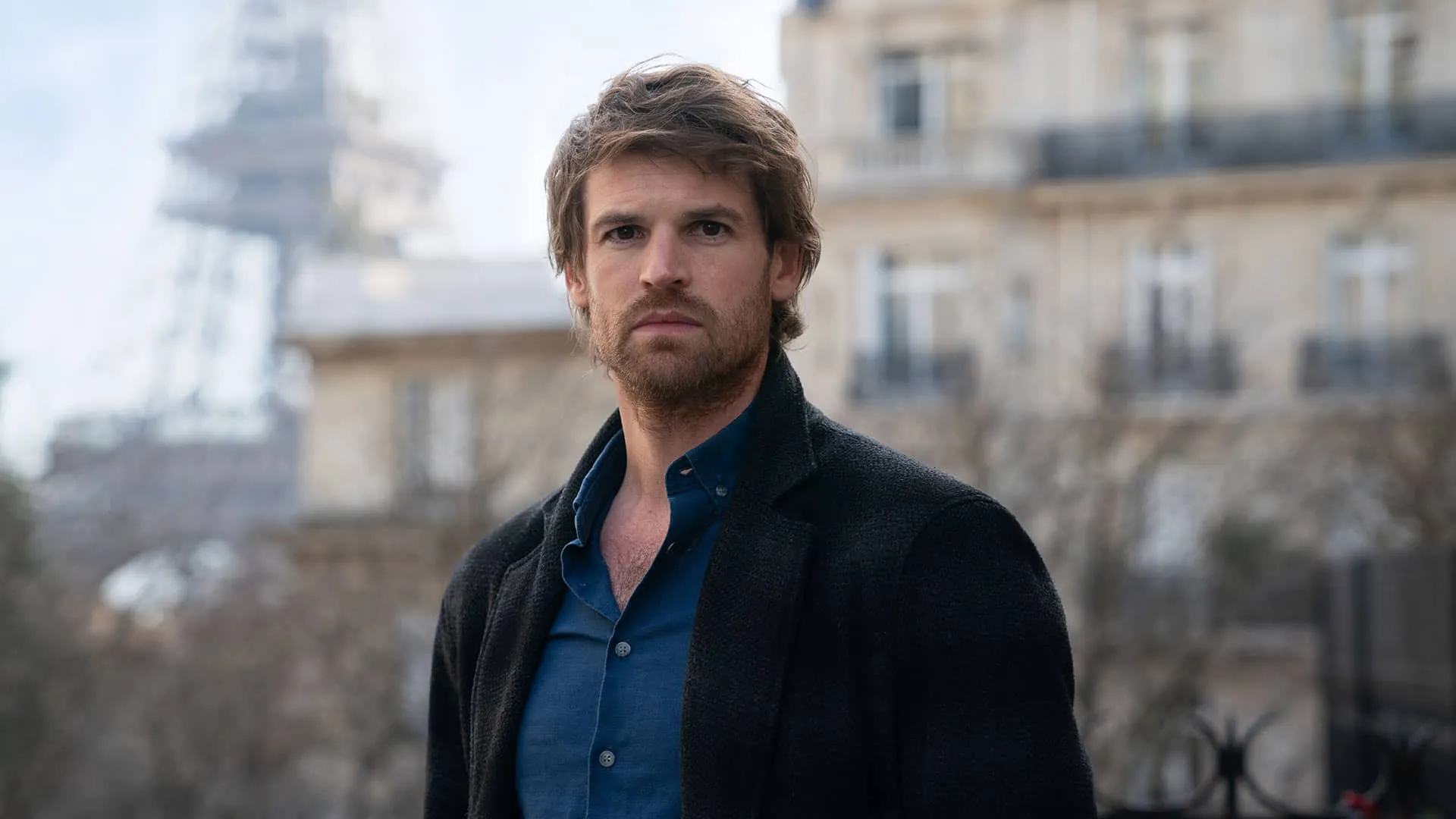
Masterpiece:
How did you come to play the iconic French detective Jules Maigret, and what appealed to you about the character?
Benjamin Wainwright:
I was actually going up for three different detectives at the same time, and got very close on one other. And this was the script that just stood out. There was so much detail, and I think Maigret’s roundabout way of getting to the truth, or at least the psychological truth, of a given crime or murder was really intriguing—he's not driven by getting the arrest or trying to hit some quota. And it's not incredibly fast-paced. It's gritty in a way, but there's a richness to the world, and it's just very detailed and beautifully drawn.I think what's unique about Maigret is he sometimes sympathizes almost as much with the perpetrator as the victim. And that's what frustrates people about his approach—he thinks there's as much to be gained in understanding quite how someone might end up in a situation where they would kill someone. And [author] Georges Simenon always talks in his books about pushing normal people to their limits, to the point where a man on the street would kill someone, and how that comes to be. He cares for the victims and he cares for the perpetrators. There's a depth of emotion to it, and I think maybe he feels that he might've been the other side of the law if things had gone differently in his upbringing.
Masterpiece:
Can you talk about Maigret’s relationship with Madame Maigret and about working with Stefanie Martini?
Benjamin Wainwright:
What's lovely about our Maigret is that in the books, she's very much this background figure [who] stays home and cooks for Maigret, and what had to be done for us to make it modern is make her a much bigger part of the action, where they very much come together as equals. There's wit and warmth and there's a lot of mode switching between them—sometimes they're loving and passionate and sometimes they're very cruelly honest with each other. And certainly with Maigret and his behavior in the later episodes, which could be conceived as quite reckless, she's really the only person that he listens to when it comes to these kinds of things.And she has her own career. She's a psychiatric nurse and there's a lot of bleeding back and forth in the cases. They compare notes over dinner in the evening, and it's a really nice, healthy dynamic. It's the absolute foundation of the show, and their apartment is a sanctuary from all of the grit of the streets, which is threatened over the course of the series.
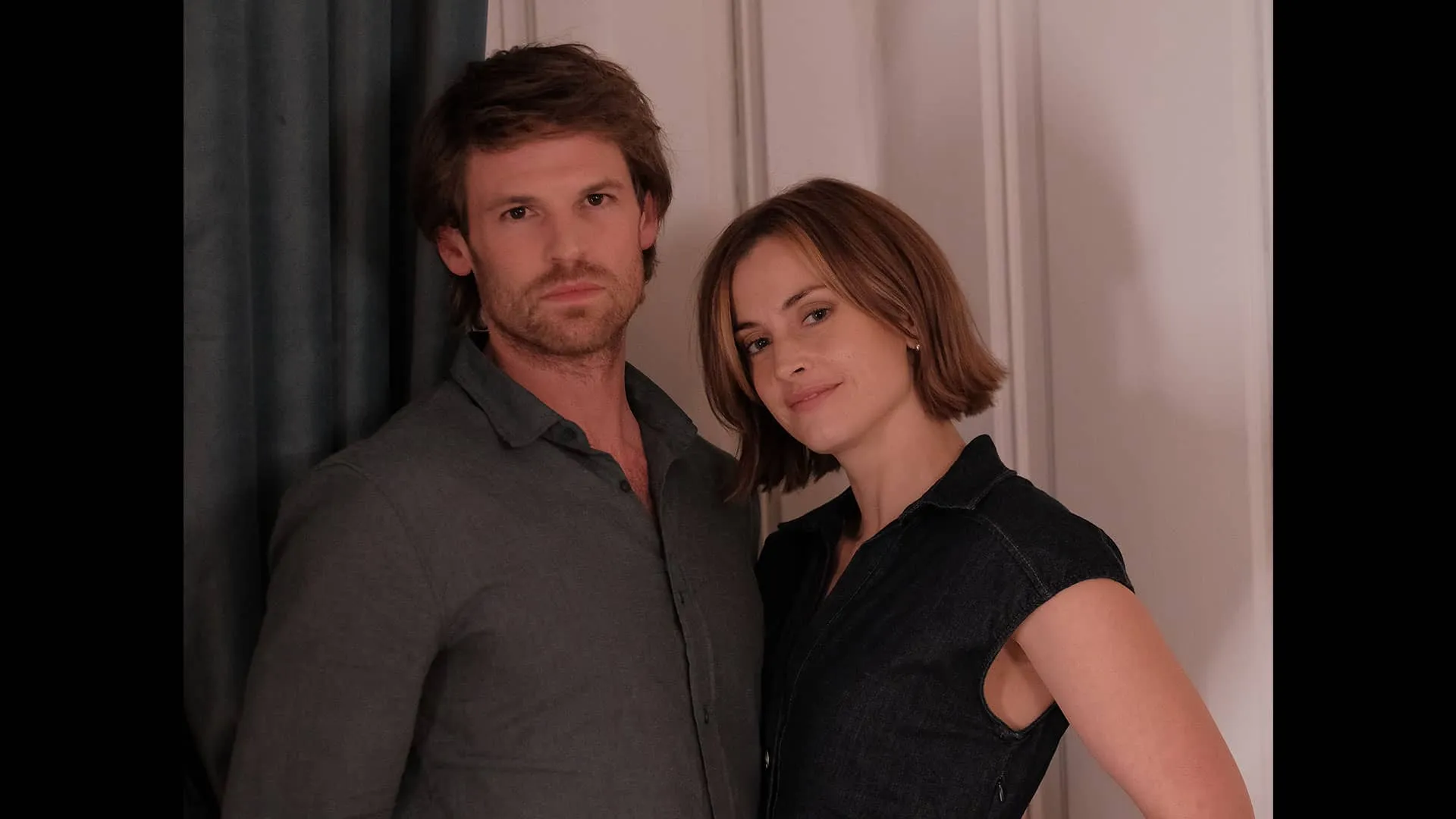
Stef is an absolute pro. She's done this thing before and she was very supportive and very helpful to me, being like, "Don't sweat the small stuff." And I think we built a connection surprisingly quickly. I'd been shooting for quite a few weeks, always on location, one day here, one day there, all around Budapest, and then we had two and a half weeks in this lovely apartment and suddenly I was like, "Ah, I can breathe now. And I've only got one person to deal with, and we can create this vibe every day that we retain to the next day and build on it and build on it." And it's lovely to work like that rather than constantly moving. It was great.
Masterpiece:
Did you have a favorite moment from making Maigret?
Benjamin Wainwright:
It's actually the opening scene of the series, where Foulon, played by Jack Deam, and I are at the crime scene under the bridge. He’s an absolute joy and such light relief, very down to earth and funny and Mancunian, and we got on very well. And that scene, obviously, had been in my head forever, and it sets the tone for the whole thing…or at least I thought it did, because it's this gritty beginning, and actually I think we've made something that’s a bit more of a caper, not a gritty crime drama, which I had assumed we were making—it actually was a lot more fun and a bit lighter, a bit more of an adventure.But when we filmed that, it was the first time it had rained in maybe a month. Everyone had been so hot for so long, so there was this big relief. And suddenly blue lights, body under a sheet, stepping under the crime tape—all of these classic tropes from crime dramas—and I was like, "Oh, hang on. Yeah, we're doing it, here we go. Back to the beginning. This is where it all begins."It was just great. I think on the very sunny days, with me stomping around all gloomy, you slightly feel like you’re working against the weather tonally. And it was the one day where actually it was miserable and there is this horrific crime, a collusion of atmosphere and script. That felt really good, and like I was finding something in the character finally—even though it's the first scene. I'd been there for several weeks at that point. So it was a sense of, "I think I'm getting somewhere."
Masterpiece:
For the fans of Maigret in its many past incarnations, can you talk about some of the Easter eggs and callbacks to the books or prior series?
Benjamin Wainwright:
The one that sticks out in my mind is that the car that Maigret used when it was first televised or turned into a film, a vintage Citroën, we have a character in Episode 5 and 6 who drives around in one of those. And it's just that it's a little nod to those people who may have watched the last 36 Maigrets and know this stuff. We also have a cast member shared with the last Maigret series, the Rowan Atkinson one—which was also shot in Budapest, coincidentally—so people can look out for that.Maigret’s trademark pipe is there. It might frustrate some people that there isn't me actually smoking that pipe. There were lots of conversations about, "Well, should we get him vaping or smoking cigarettes?" And it was just like, "Nah, that doesn't work." But it’s like prayer beads for him. It's something to think with and it's a totem for his dad, I think.That stuff was quite fun. We didn't have a lot of time to solve those costume nods and stuff, it all happened so fast. But the back and forth over my coat were just hilarious. I don't think I was party to all the conversations, but I was intent on my slightly grubby coat that we settled on. We'd started with a very fashionable number that I think everyone was quite keen on, but Patrick [Harbinson, director, executive producer and writer] and I were like, "It doesn't feel right. He doesn't care about these kinds of things. He's found something, and that's what works."Likewise, we had that conversation about what car Maigret would drive, and if he's going to drive one of the classic cars. We did this back and forth, they called these beautiful classic French motors and then the conversation died away. And one day I went up to Patrick and asked, "It's just going to be whatever car is available, isn't it?" And he was like, "Yeah." It was just a banged up Peugeot with a handbrake that doesn't work. And it was like, yeah, he doesn't care about these things.Which gets back to what's unique about him—I think he's not beautifully dressed and he's not strange in his intelligence. He doesn't drive a classic car. He's not showy. He's very modest and plodding. And I think those around him can be frustrated that his method is not obvious and that he doesn't share what he's doing and that they can't really get a handle on him. But the joy is in the emotion of it and working out people's justifications.
